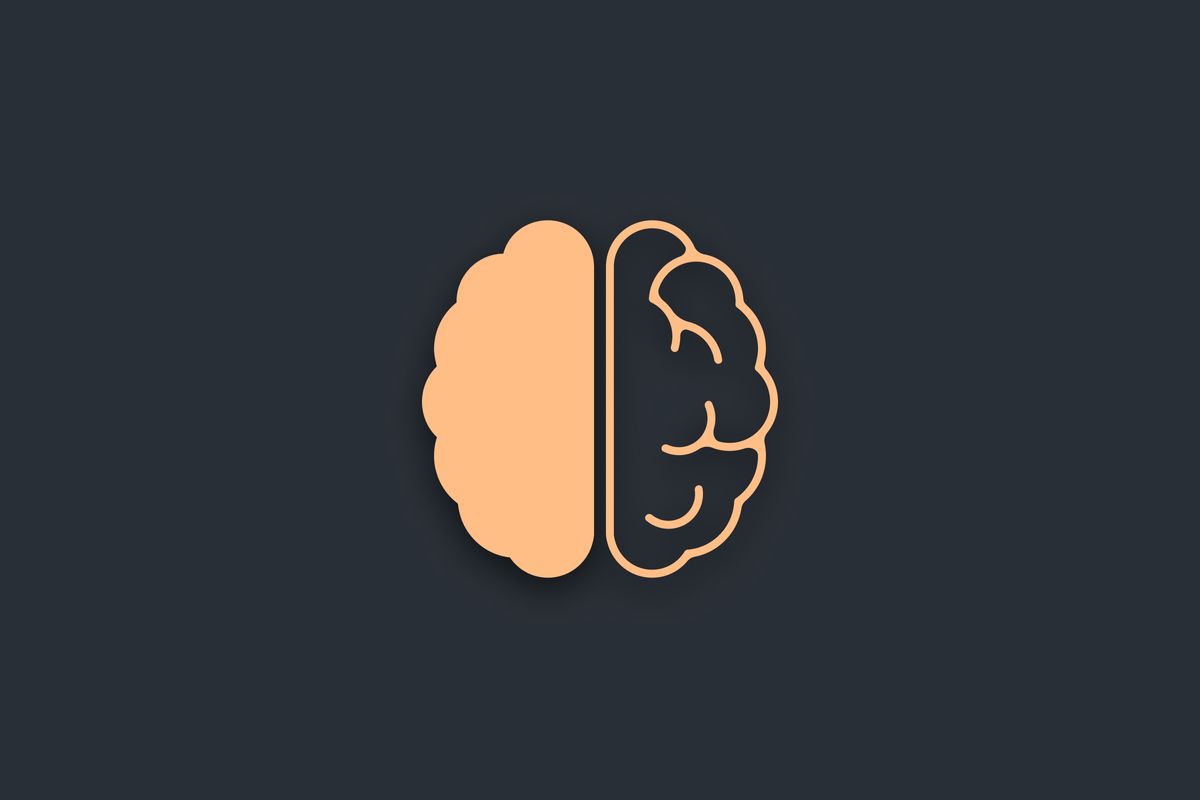Emotional intelligence - The difference between leaders and managers

I’ve had the pleasure of being led by some great design leaders in my career. I’ve also been under some not-so-great managers. Over the years, I’ve learned from both positive and negative experiences and seen how to lead designers effectively and not so. I continue to learn from, and be educated by my teams; I don't believe that will ever stop, and I'm here to improve continuously.
There’s a big difference between being a leader and being a manager, and that distinction is not in your hands, but in the hands of the team(s) you have responsibility for. Lead effectively and your team members will enjoy working with you, not for you, and be driven to produce their best work and improve their skillset and output.
The key difference I’ve seen between leaders and managers is Emotional Intelligence (EQ).
EQ is defined by the ability to control your emotions and influence the emotions of others. That starts with empathy, which is recognizing and accepting how others feel. Understanding the emotional state of your team as individual designers is vital to the success of any design leader.
Demonstrating emotional intelligence embodies, but isn't limited to, the following groups of skills. These play a crucial role in empowering top design leaders to optimise their own personal performance as wells as that of their team members.

Components of emotional intelligence
Self-awareness
Self-awareness recognizes and accepts emotions and how these emotions impact actions. This heightened self-awareness helps gain a deeper understanding of strengths and weaknesses.
Self-regulation
Self regulation is the ability to control emotional responses and express them carefully and thoughtfully. Those who can self-regulate hold themselves accountable for their actions.
Social Skills
Having positive, meaningful interactions with others. Showing appreciation for other people, whether that’s your leaders, your peers or your team members.
Motivation
Being self-motivated involves setting goals and achieving them. Often this means learning new skills and ways to improve other aspects of their own EQ.
Empathy
Understanding not just your own emotional needs but the needs of those around you may help you notice important cues during social interactions. Empathetic leaders show concern for their team members and understand the best way to respond to team members' needs.




